Recovery and Rest: Essential Practices for the Outdoor Warriors and OCR Legends
Obstacle Course Racing (OCR) is a test of grit, strength, and resilience. While pushing your limits on the course is vital, equally important is how you recover. Whether you're a veteran or just getting started, adopting effective recovery practices will boost your performance and longevity in the sport. Here's how to make the most of your recovery:
1. Prioritize Sleep
Sleep is the cornerstone of recovery. Aim for 7-9 hours per night to allow your body to repair muscles, consolidate memory, and regulate hormones. Quality sleep enhances reaction time, cognitive function, and overall athletic performance.

2. Hydration and Nutrition
Stay hydrated to keep your muscles functioning optimally. Drink plenty of water throughout the day, and consider electrolyte-rich drinks post-race or intense training. Your diet should be balanced with proteins, healthy fats, and complex carbs. Protein supports muscle repair, while carbs replenish glycogen stores.
3. Wear Compression Socks
Wearing compression socks during and after racing can enhance blood circulation, reduce muscle fatigue, and speed up recovery by minimizing swelling and soreness. Compression socks provide consistent pressure, which supports muscle function and reduces the risk of injuries.
Gear Tip: Equip yourself with MudGear Tall Compression Socks for optimal performance and recovery. Our socks are designed to endure the toughest races while providing the necessary support and comfort for your legs.
4. Active Recovery
Incorporate low-intensity activities like rucking, yoga, or swimming on rest days. Active recovery promotes blood flow to muscles, reducing soreness and stiffness without the strain of high-impact exercises.
Gear Tip: Gear up for any-and-all types of training, MudGear has you covered from the best socks in the market, to training shorts, performance shirts meant for the outdoors, and more.
5. Foam Rolling and Stretching
Use foam rolling and dynamic stretching to reduce muscle tension and improve flexibility. Spend 10-15 minutes post-workout focusing on tight areas to break down scar tissue and enhance circulation.
6. Listen to Your Body
Be mindful of signs of overtraining, such as persistent fatigue, irritability, and decreased performance. If you notice these symptoms, dial back your training intensity and allow more time for recovery. Sometimes, a full rest day is more beneficial than pushing through fatigue.
7. Cold Therapy
Cold baths or ice packs can help reduce inflammation and muscle soreness after intense sessions. Incorporate cold therapy for 10-15 minutes immediately post-workout.
8. Professional Treatments
Don't hesitate to seek professional help when needed. Massages, chiropractic adjustments, and physiotherapy can address specific issues, improve muscle recovery, and prevent injuries. Regular treatments help maintain peak physical condition and correct any imbalances from rigorous training.
9. Mental Recovery
Mental resilience is as crucial as physical stamina. Practices like meditation, deep breathing exercises, and mindfulness can reduce stress and enhance focus. A well-rested mind contributes to better decision-making and performance during races.
Conclusion
Recovery and rest are as crucial as the training itself in obstacle course racing. Integrate these practices into your routine to enhance performance and ensure long-term sustainability in the sport. Listen to your body, prioritize rest, and maintain a balanced approach to training and recovery for optimal results.




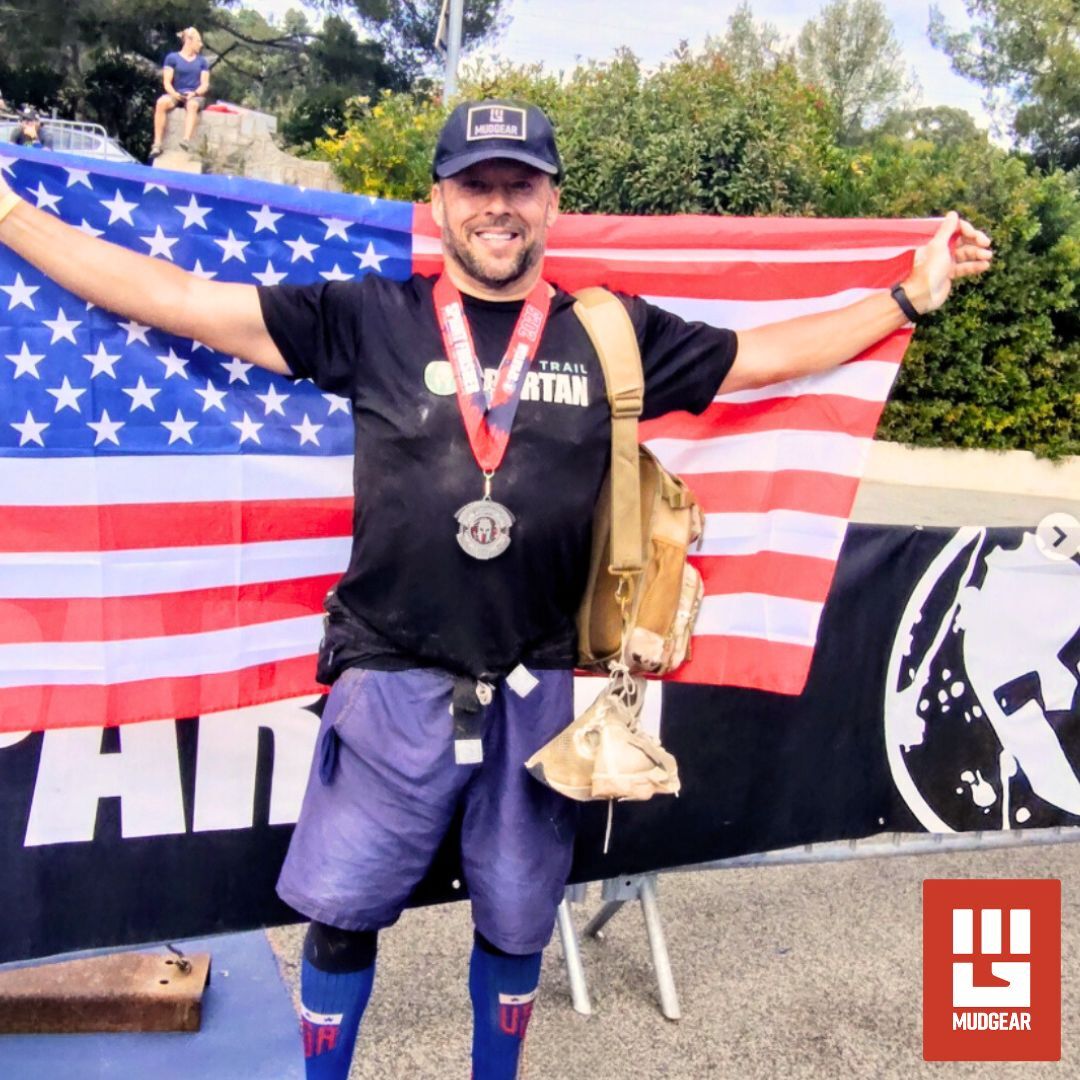
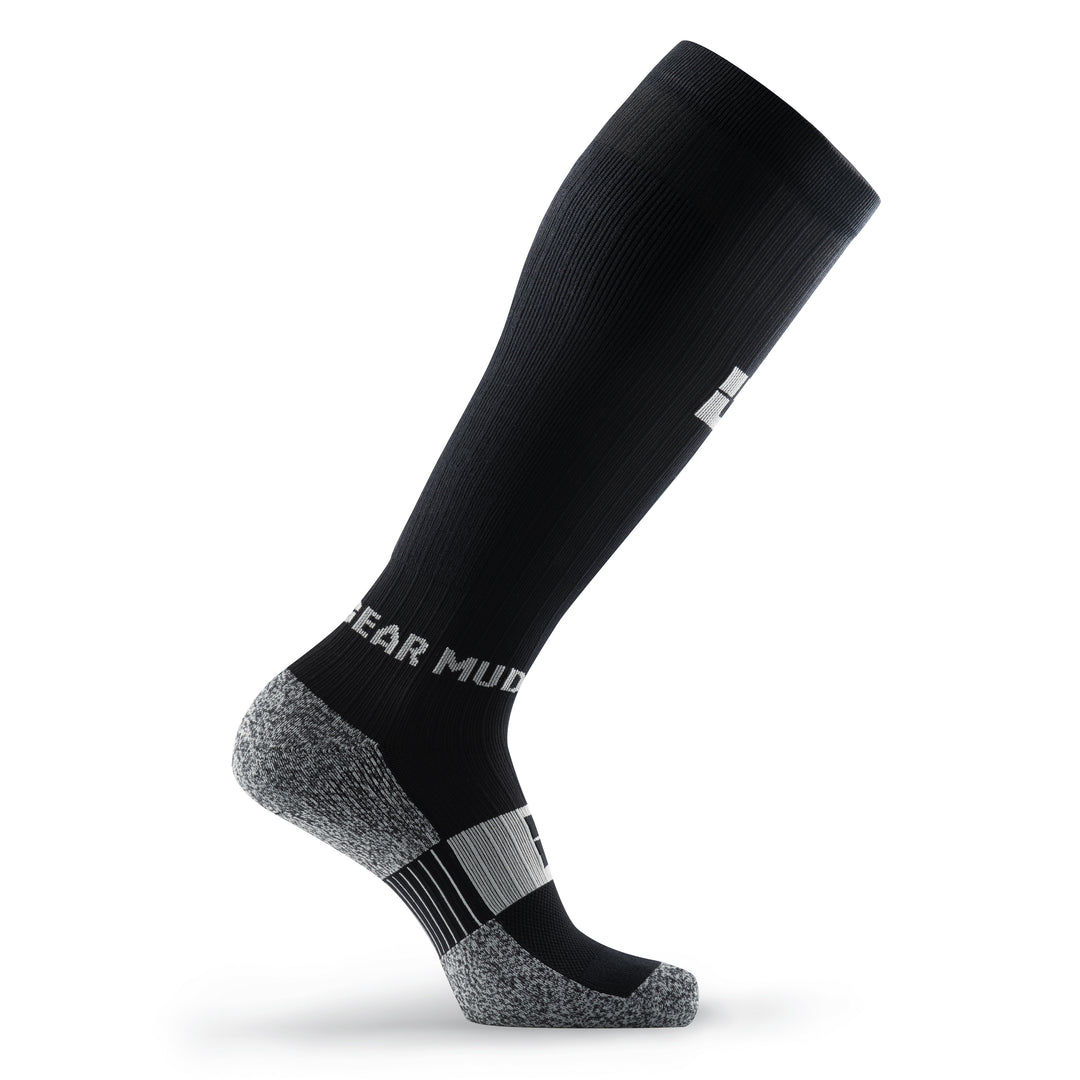
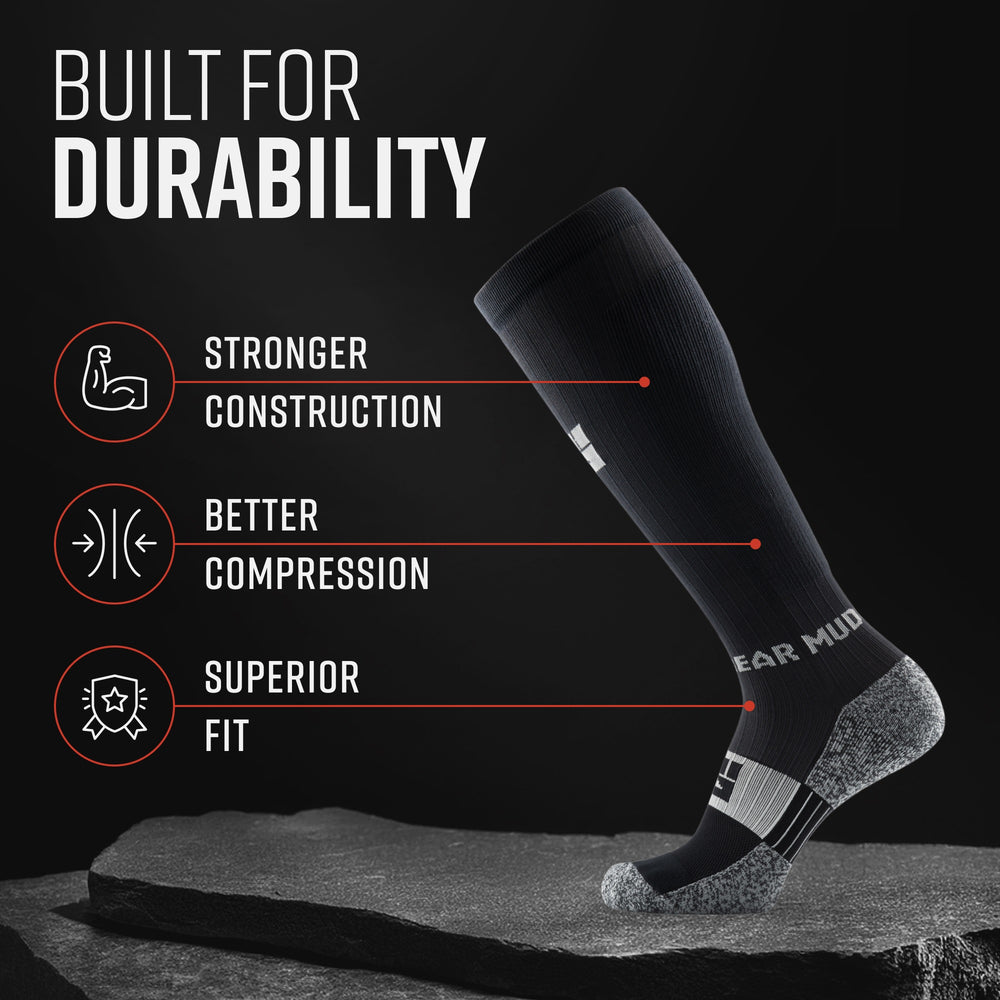
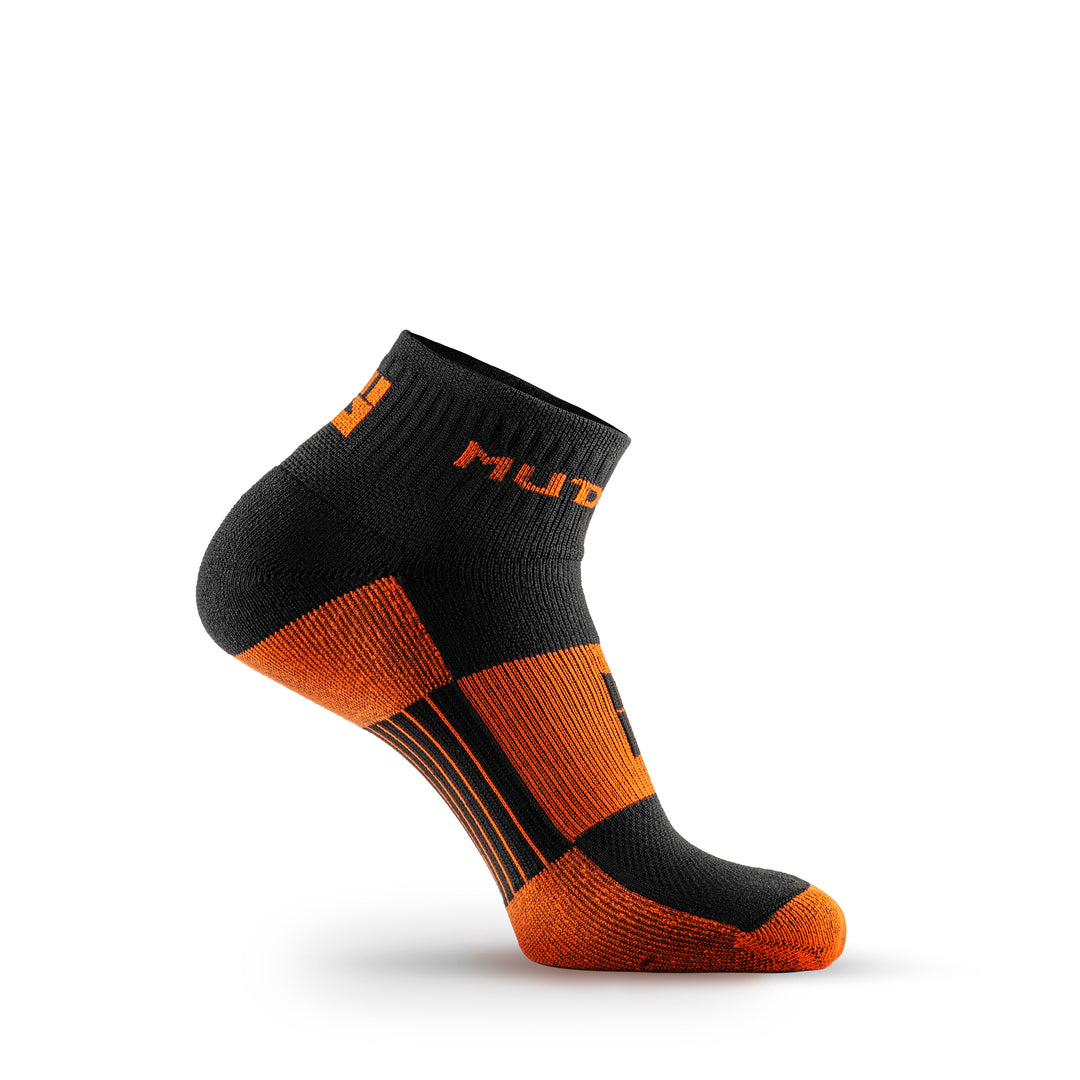



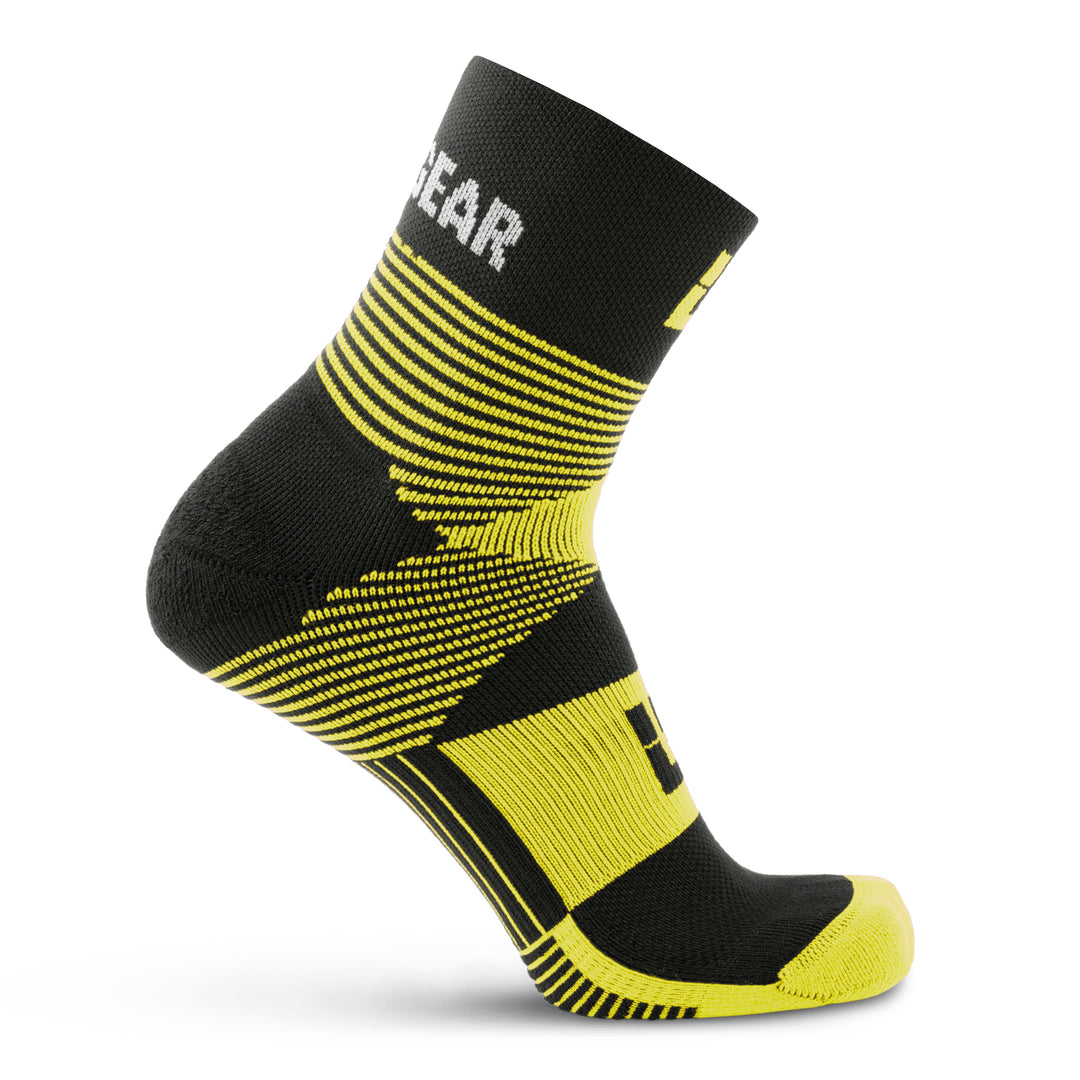


Leave a comment